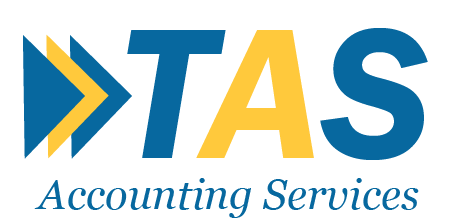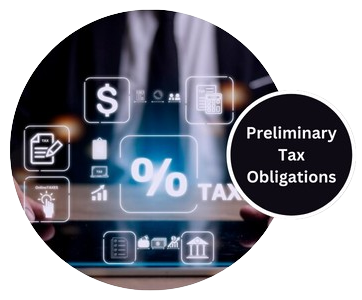Managing Currency and Exchange Rate Risks
Challenge: Handling Multiple Currencies as a Non-EEA Resident Director
For non-EEA resident directors operating in Ireland, managing transactions in different currencies can present exchange rate risks, which may impact financial stability.
Key Considerations:
Intellectual Property Protection
Challenge: Securing Intellectual Property Rights as a Non-EEA Resident Director
For non-EEA resident directors starting a business in Ireland, protecting intellectual property (IP) is essential to safeguard innovations and brand value.
Key Considerations:
Addressing Environmental and Regulatory Compliance
Challenge: Meeting Environmental Standards as a Non-EEA Resident Director
Ensuring compliance with environmental regulations is essential for businesses in Ireland, especially for non-EEA resident directors managing company operations.
Key Considerations:
Preparing for Market Competition
Challenge: Competing in a New Market as a Non-EEA Resident Director
Entering the Irish market as a non-EEA resident director comes with unique challenges. Understanding and addressing the competition is essential for success, especially when meeting Irish resident director requirements.
Key Considerations:



















